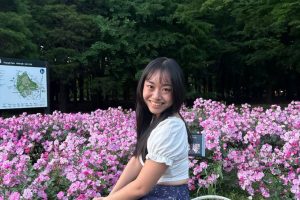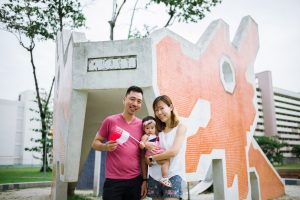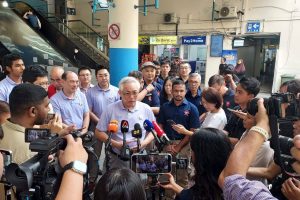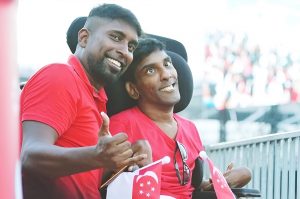Top image: Shamsul Kamar/Facebook
A little-known twist has happened quietly within opposition wards: After last July’s general election, the People’s Action Party stopped its Meet-The-People sessions (MPS) in the Aljunied, Hougang, and Sengkang constituencies, all of which are under the Workers’ Party.
In case you are wondering, the PAP used to hold these consultation sessions even in constituencies not under their purview. This meant that previously, residents in Aljunied and Hougang had two political parties serving their needs.
ADVERTISEMENT
The PAP has confirmed this revelation, and said it has opted to use other modes to connect with residents in these constituencies. Anyway, the party reiterated, MPS are conducted by elected MPs, and they are the ones residents should look for.
On its own, this turnabout change makes little difference, given that voters from these three constituencies only make up 11.2 per cent of the electorate, according to figures provided by the Election Department.
And it appears to be so, as I spoke to some residents on the ground on March 31st. I got hold of Mr Chua, a 71-year-old retiree who lives at Block 304 Hougang Avenue 5.
Chatting with him as he was enjoying his afternoon kopi at the coffee shop across the street, he said he does not go to any MPS, be it PAP’s or WP’s. But Mr Chua shared with me that his daughter once approached Ms Sylvia Lim, who is the MP in Aljunied, to seek help on housing issues.
Another woman in her 70s, who lives right above where the PAP used to hold their MPS in Hougang, said there used to be plenty of activities at the MPS venue in the evenings, but nothing had happened in recent months. And no, she was not informed by the PAP that the sessions had been cancelled, be it through house visits or pamphlets.
I thought I might find some clues at the notice boards located at the void decks, but it was a fruitless search. There wasn’t any indication about the status of the PAP’s MPS in Hougang.
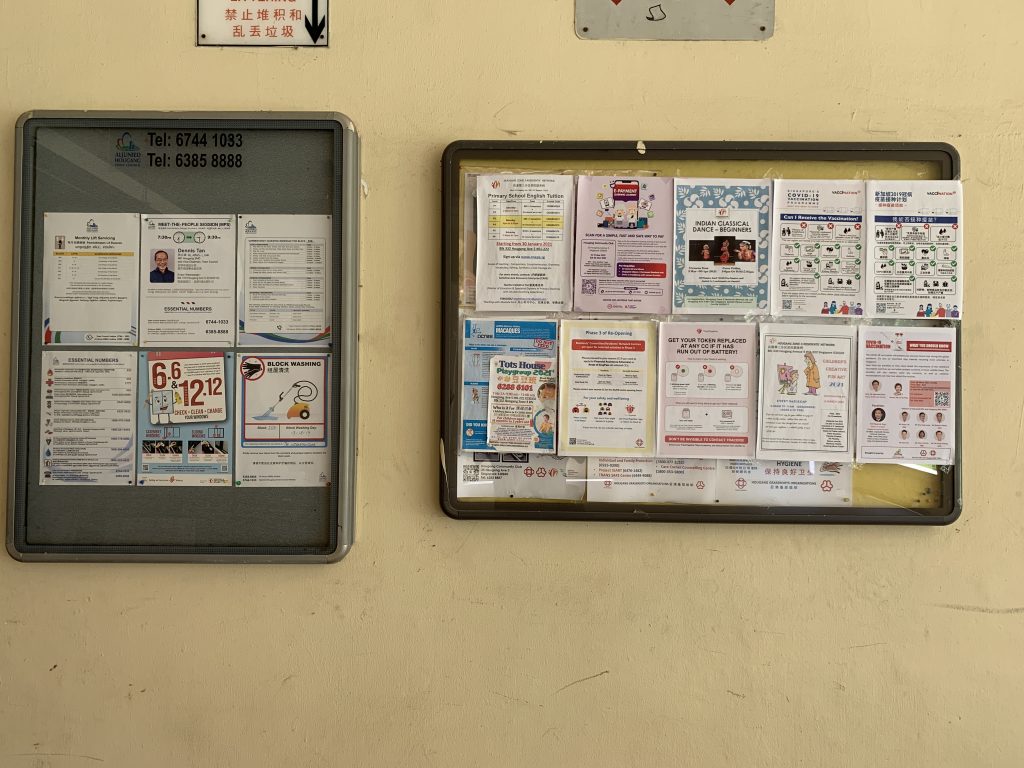
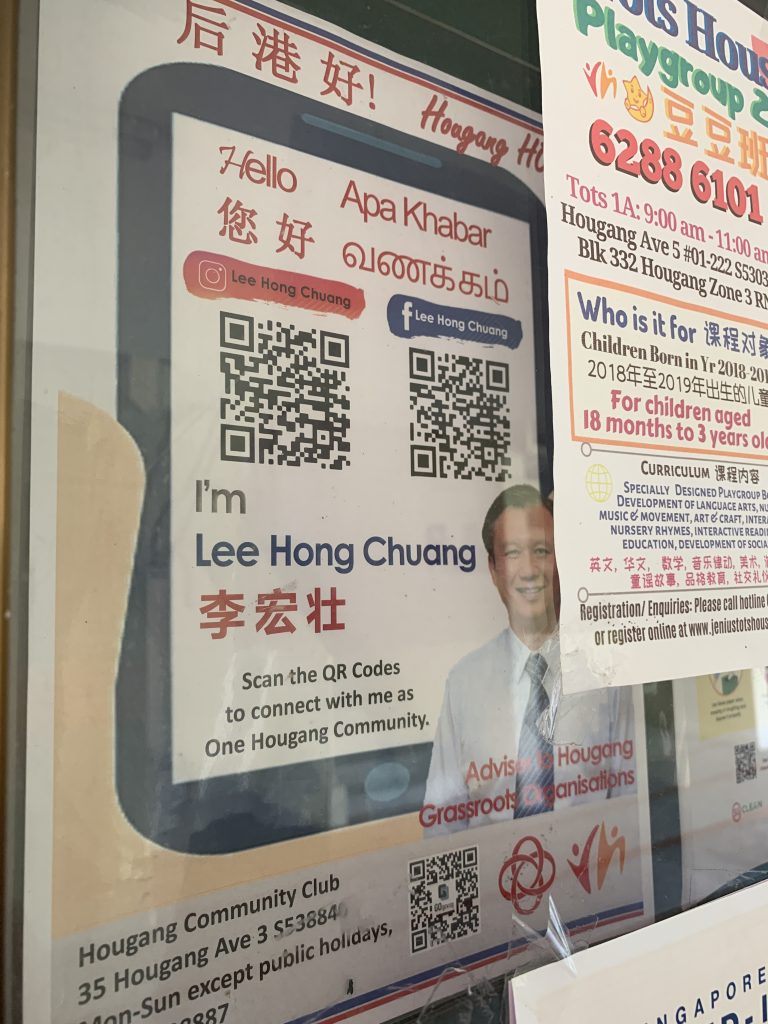
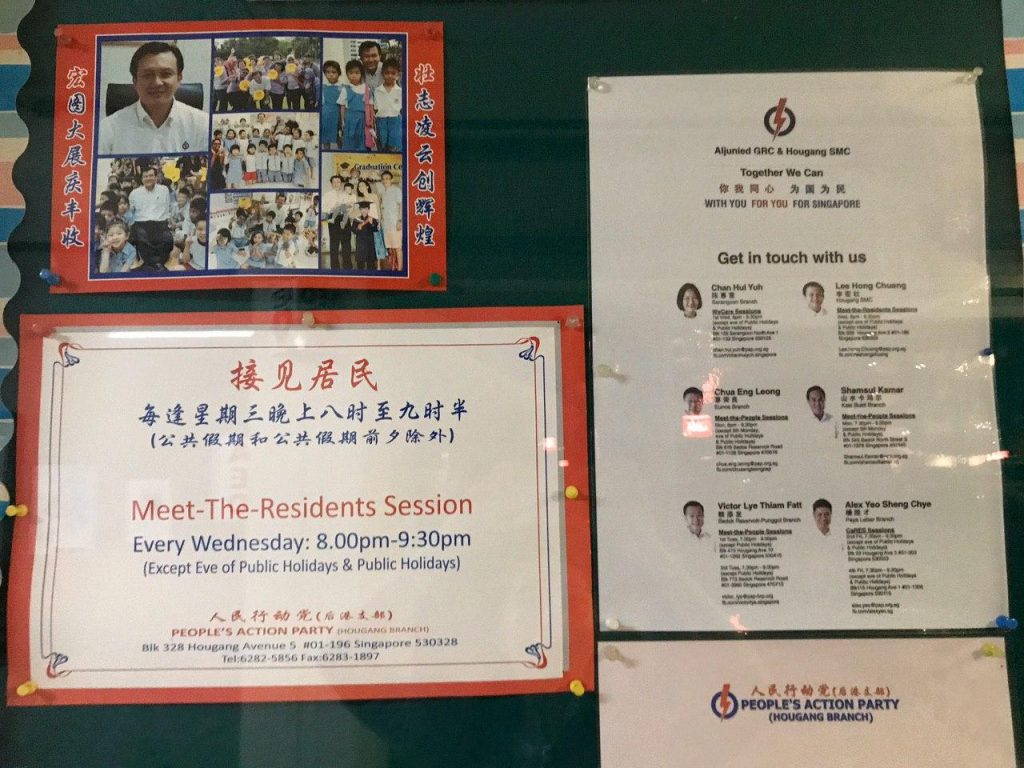
And it is clear residents have intertwined the PAP with grassroots organisations, when they mistakenly directed me to Block 2 Hougang Avenue 3, where the MPS was supposedly still ongoing. I made my way there and saw a Resident’s Committee office and the Hougang Jobs Hub. But staff at the Jobs Hub told me the PAP does not conduct any MPS there.
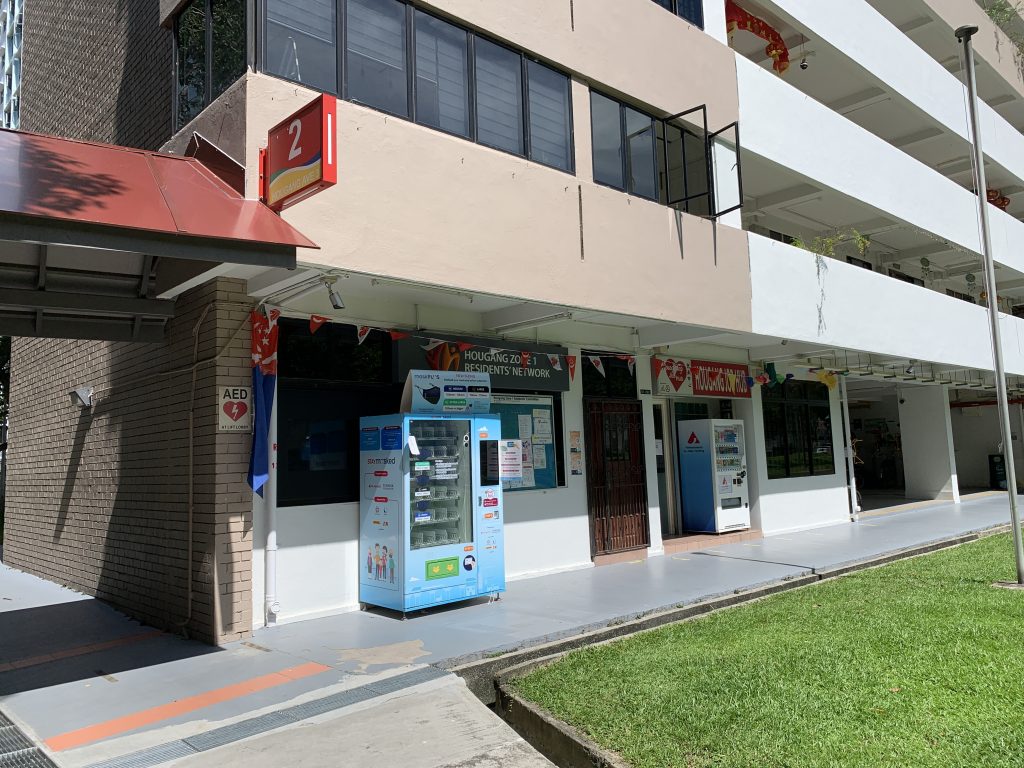
Why does it matter?
This development is significant, considering how MPS became a flashpoint during last year’s election hustings. WP candidates spun this to their advantage, saying that residents could enjoy dual services if they were elected, since defeated PAP candidates would still return to the constituency as grassroots advisers. These advisers would also conduct their own MPS, in addition to the ones by the elected WP MPs.
WP’s Ron Tan, who contested in Marine Parade, told Yahoo during the campaign: “There’ll be two sets of people that’ll be able to write in letters for you. Because as opposition candidates, if we lose, we lose all rights to be your voice. But PA (People’s Association) grassroots advisers can write in for you as well. So look at Aljunied and Hougang (in previous Parliaments): they’ve got choices. The residents have choices from both sides.”
It was a point that caught the PAP in a catch-22 situation.
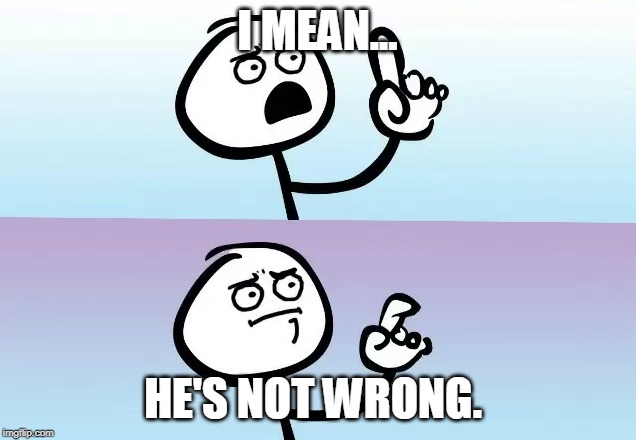
While this “free-riding” and “best of both worlds” rhetoric may seem advantageous on paper, I don’t think residents in these opposition wards appreciate that. Robin Lim, who lives in Sengkang constituency, is one of them. The 26-year-old who works in the financial sector said residents should not expect to be served by both political parties.
“If you have voted for whoever, you are getting the representative to work for you. You don’t vote for the opposition and expect PAP to work for you. The ‘buy-one-get-one-free’ concept is flawed, ” he said.
In February last year, I observed the PAP’s MPS in Hougang—which went by a different name, “meet-the-residents” session—on a Wednesday evening, conducted by PAP Hougang branch chairperson Lee Hong Chuang. He is also the defeated candidate of the same ward for both the 2015 and 2020 general elections.
The PAP’s session was held on the same day of the week at about the same time as the WP’s MPS, which was conducted by then Hougang MP Png Eng Huat.
Judging by the setting of the MPS, it was hard to tell which party was in charge of the constituency. At the void deck of Block 328 Hougang Avenue 5, Mr Lee as an unelected branch chairperson, held his MPS in a brightly-lit PAP Community Foundation kindergarten with proper facilities. Everything there was done with clockwork efficiency, with the help of the massive and well-oiled party machinery.
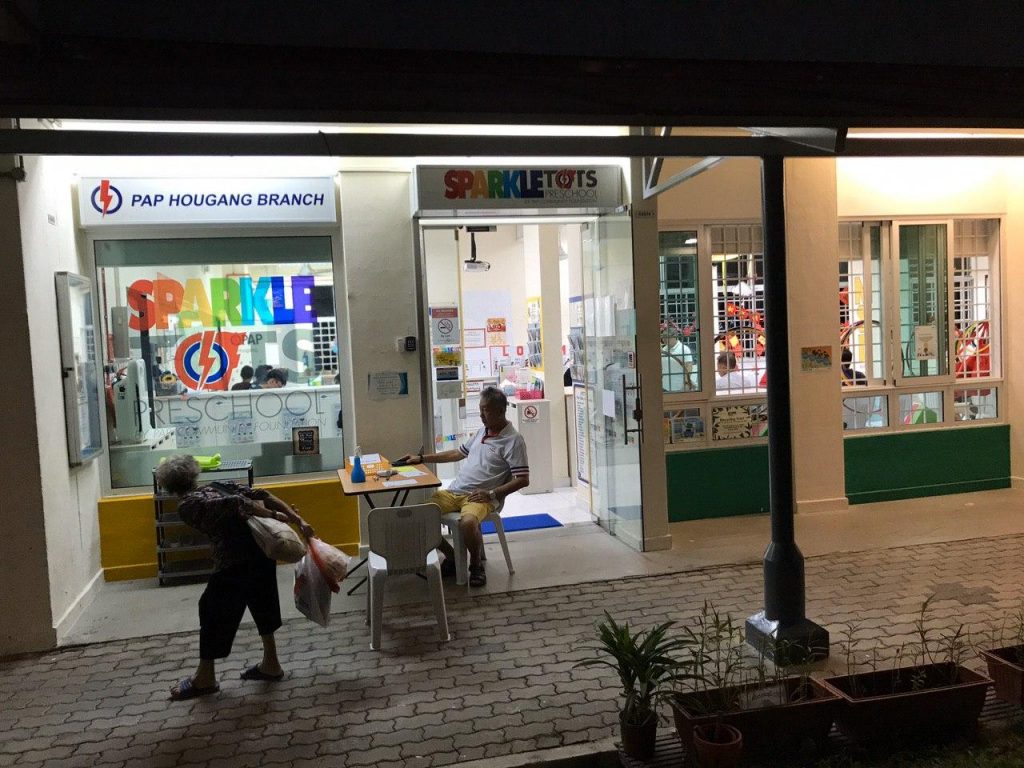
After that, I walked five minutes to Block 310 for Mr Png’s MPS. As an elected MP, Mr Png didn’t have the same set-up as Mr Lee. Instead, he conducted his sessions under a dimly-lit void deck with makeshift tables and chairs, with little privacy for the MP and residents to converse. These temporary fittings were stored away by party volunteers after calling it a day.
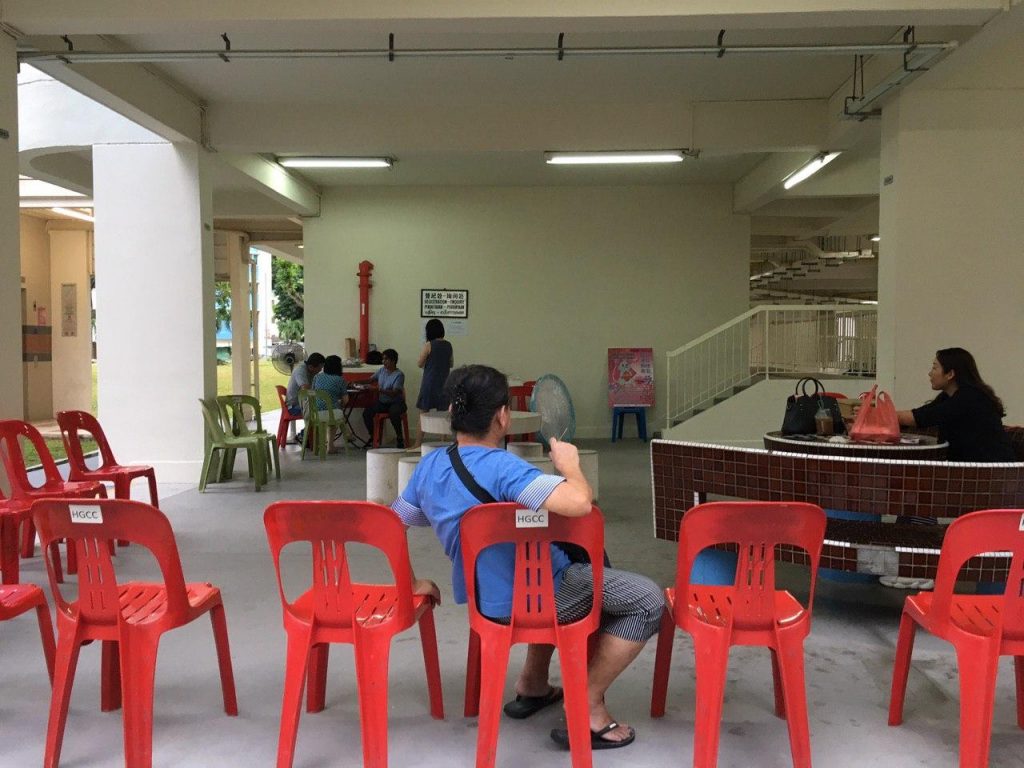
I was confused. If I had not been as well-informed with politics, I would have wrongly assumed Mr Lee as the MP for Hougang.
Now that the dust has settled, the PAP appears to be giving voters what they have asked for and allowing more breathing space to the elected opposition party in the interest of fairer politics.
The first indications came from Shamsul Kamar, the PAP candidate for Aljunied GRC, who was defeated at the polls. He represented the Kaki Bukit division in the constituency.
Mr Kamar wrote on Facebook: “I will not involve myself much in the ground work and day to day running of things to give space to the WP with the increased mandate they had received during the last GE.” He added he would direct residents to programmes organised by the WP after theirs ended in November last year.
“This is so that the WP will be empowered to focus on serving the residents who have made their votes counted during the last GE,” wrote Mr Kamar.
Are these changes significant?
But do these changes signal greater sportsmanship by the PAP and respect the voters’ choice?
Or is it to ensure a two-party system emerges with the WP enshrined in these wards, as alluded to by veteran political scientist Bilveer Singh from the National University of Singapore.
If the PAP intends to pursue a two-party system and respect the voters’ choice, then the party should also make similar changes at the grassroots organisations.
One prickly issue raised was the Community Improvement Projects Committee (CIPC) funds under the National Development Ministry, which disburses money for municipal projects such as the building of barrier-access-free ramps.
My checks have revealed changes in the structure of the committee: Other than its chairperson, the committee no longer consists of PAP politicians, which used to be the case. MPs such as Lim Wee Kiak, Joan Pereira, and grassroots adviser Victor Lye used to be involved.
Today, the CIPC is smaller (it shrunk from 12 persons to five) and only has unelected public officers as members, according to the Singapore Government directory. Multiple attempts to contact the relevant authorities didn’t yield any concrete answers for the change.
The kerfuffle was over its funding process: If an opposition MP needs those funds for a particular project, the MP must first apply through the constituency’s Citizens’ Consultative Committee (CCC) under the PA, whose adviser is often the defeated PAP candidate at the GE. The CCC will then vet the application and decide which project should be proposed to the CIPC for funding.
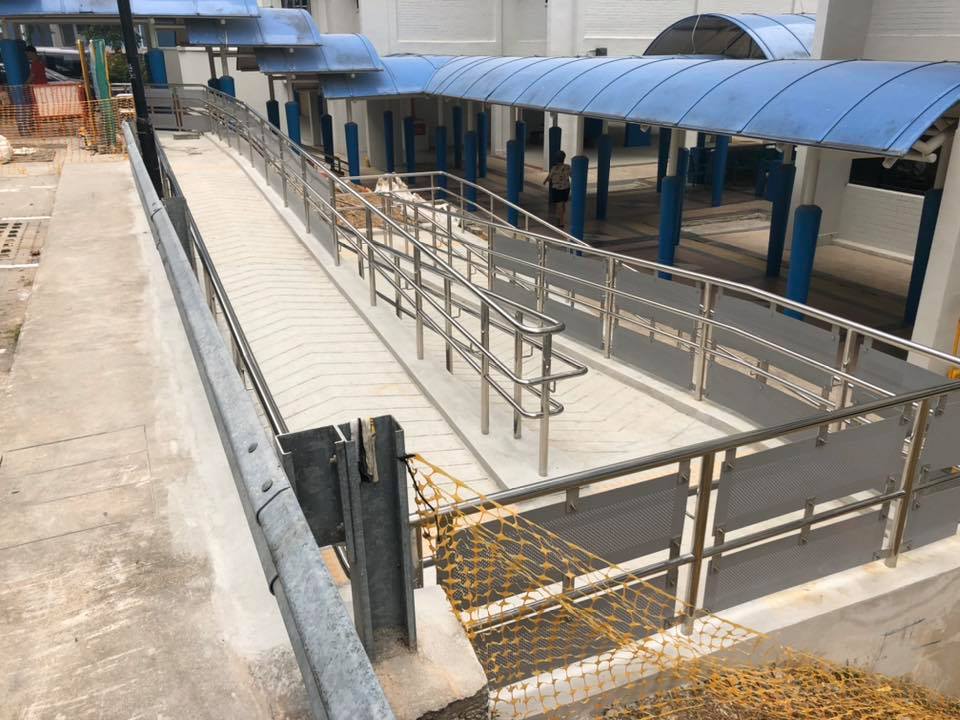
Past town council annual reports had shown that opposition MPs didn’t always get their way, and they had griped that these funds favoured the PAP constituencies. The political optics were worsened by the fact that most CIPC members were politicians from the ruling party.
After the revelation by Yahoo, the Leader of the Opposition Pritam Singh followed up with a parliamentary question, Chinese-daily Lianhe Zaobao wrote a news feature on the topic, and an online petition was created to seek assurance from the CIPC to grant these funds to Sengkang, and not be blocked just because the town council is not run by the PAP.
While manpower changes within the CIPC might be an acknowledgement by the government to have a fairer and non-partisan playing field, just like the PAP’s move to pull its MPS out from opposition wards, the approval process for CIPC funds via the CCC is something still worth looking into.
This being said, the issue of defeated PAP candidates wearing different hats at the grassroots level has to be tackled. They continue to helm grassroots organisations under PA and party branches in the ward.
When they were wearing different hats, even public officers were confused as they addressed an unelected PAP candidate as an MP in government letters, as shared by Mr Png. I have also seen my fair share of comments online, where unwitting residents wrongly identified them as MPs.
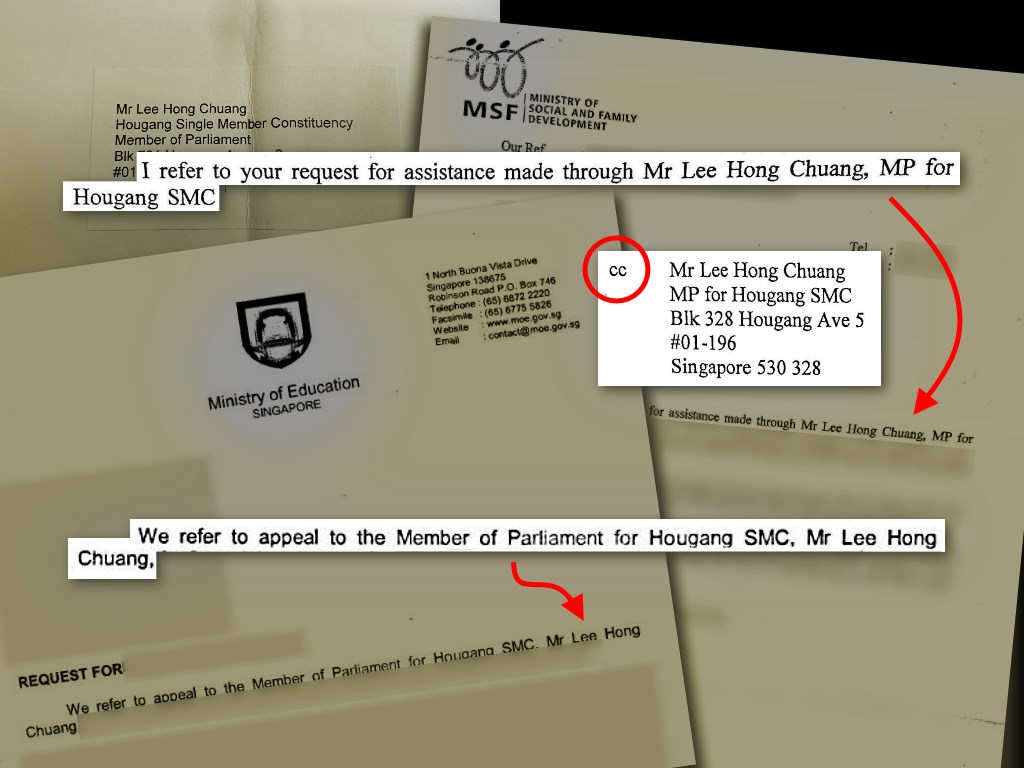
And because they are grassroots advisers, these defeated-PAP-candidates-slash-grassroots-advisers-slash-PAP-branch-chairpersons present awards and bursaries to students at Edusave ceremonies, not the MPs.
The last I checked, this practice is still ongoing. Mr Victor Lye, for example, hosted an Edusave ceremony in March this year in his Bedok Reservoir-Punggol division in Aljunied GRC. Likewise for Mr Chua Eng Leong from the same constituency, who did the same in January in Eunos.
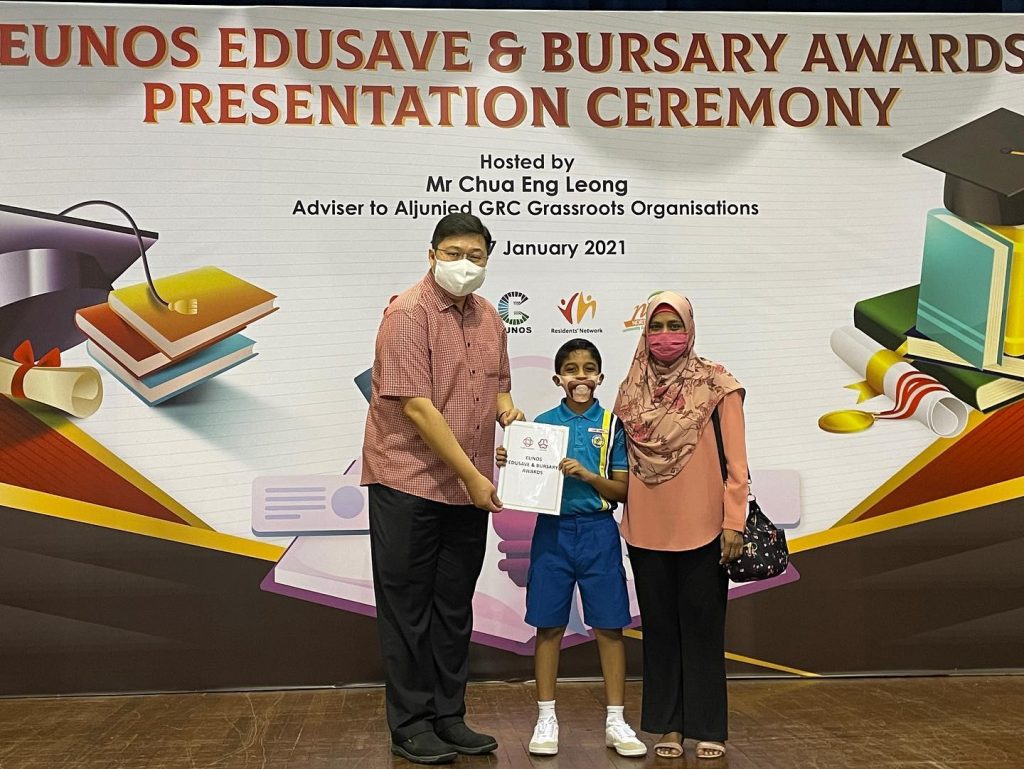
This might confuse the uninitiated, as residents assume them to be their MPs—which is not without basis, because for most Singaporeans living in a PAP constituency, the grassroots adviser is the MP by default.
What message is the PAP sending?
Such a renewed state of play can be seen in two ways. Singaporeans who yearn for a more evolved political culture, based on the results of the last election, may welcome the end of PAP’s MPS as a move towards fairer politics.
After all, residents in Hougang, Aljunied and Sengkang made their choices clear last year. Majority of them have given WP the mandate to take care of them for the next five years, and the PAP should step aside and give the rightful party space to perform.
Of course, a fine balance has to be struck. We should not be against political parties wooing voters outside of the campaigning period. There are opposition parties out there who continue to reach out to voters after the election. Singapore Democratic Party’s Chee Soon Juan is one, where he walks around in Bukit Batok and interacts with residents. That’s fair game; you cannot woo voters only once every five years during the nine days of hustings.
That being said, the PAP could also be seen as turning its back on Singaporeans from these constituencies with this political twist, a view shared by Associate Professor Singh.
Prof Singh said: “This is tantamount to a total surrender of these wards to the WP and there would be dire consequences when the next GE is called.”
“It will be seen as forsaking the people and be seen in negative terms”
As the dominant party, he expected the PAP to try to reclaim these constituencies. It had never allowed any opposition party to have a “picnic” in any ward.
The signal is clear, Prof Singh said, even though he remained puzzled by this move. “The PAP is walking away from its defeated wards. This is something new in the PAP culture.”
He doubted the move was due to the lack of resources, given that the PAP is the richest political party in Singapore with the advantage of incumbency.
The ruling party is now at a crossroad. It has to determine its political strategy in the journey ahead. The PAP must fight to win, Prof Singh said.
“The PAP has realised the Opposition’s candidates are going to improve markedly and these candidates will be giving the PAP a strong fight in every ward in every GE. How many suicide squads does the PAP have and where will these be sent? I don’t think that should and will be the PAP’s strategy. If not, it will lose the voters’ confidence and areas that the PAP does not send suicide squads to would also be lost.”
As the PAP, like every other political party, fights to win, the way it fights the battle in due course will also matter. I’m sure Singaporeans will be looking forward to seeing it being fought on a much fairer playing field.
What do you think of the PAP’s move to stop meet-the-people sessions in opposition constituencies? Share with us your thoughts at community@ricemedia.co.
If you haven’t already, follow RICE on Instagram, Spotify, Facebook, and Telegram. If you have a lead for a story, feedback on our work, or just want to say hi, you can also email us at community@ricemedia.co.


